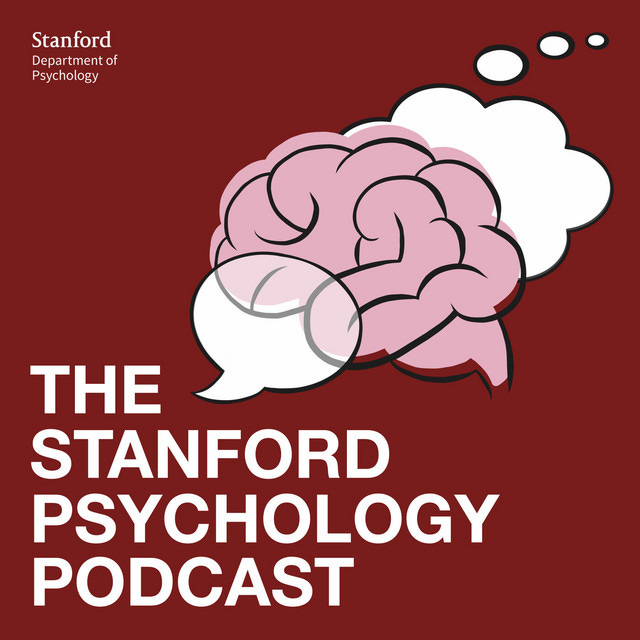This week, Misha chats with Julian Jara-Ettinger, Associate Professor of Psychology and Computer Science at Yale University. Julian directs the Computational Social Cognition Lab, which aims to reveal the fundamental representations and computations that make complex human social behavior possible. His work combines computational modeling, developmental studies, and cross-cultural research to build a blueprint for more human-like social intelligence.
In this episode, we discuss his recent paper, "Tracking minds in communication," which challenges the classical view of language and social reasoning as separate systems. They explore how our brains constantly run social "micro-processes" in real-time to track other minds, a fundamental ability that guides our communication. They also dive into Julian's academic journey, his vision for the future of computational social cognition, and how he successfully navigates the interdisciplinary landscape of cognitive science.
If you found this episode interesting, subscribe to our Substack and consider leaving us a good rating! It just takes a second, but it will allow us to reach more people and excite them about psychology.
Links:
Julian's paper "Tracking minds in communication": https://www.cell.com/trends/cognitive-sciences/abstract/S1364-6613(24)00312-7
Julian's Lab Website: https://compdevlab.yale.edu/
Julian's Faculty Page: https://psychology.yale.edu/people/julian-jara-ettinger
Misha's website: https://www.mishaokeeffe.com/
Podcast Twitter: Stanford Psych Pod
Bluesky: @stanfordpsypod.bsky.social
Let us know what you think of this episode or the podcast! :) stanfordpsychpodcast@gmail.com





Loved this episode! The study of the mechanics of the schema we build for our perception of other people’s social behaviour and our own response to it. As an undiagnosed autistic person, I feel my mechanism for this could be broken somewhere. Unless I’m facilitating a discussion or meeting! I can provide my own space for the microprocessing required… if I’ve understood this correctly.